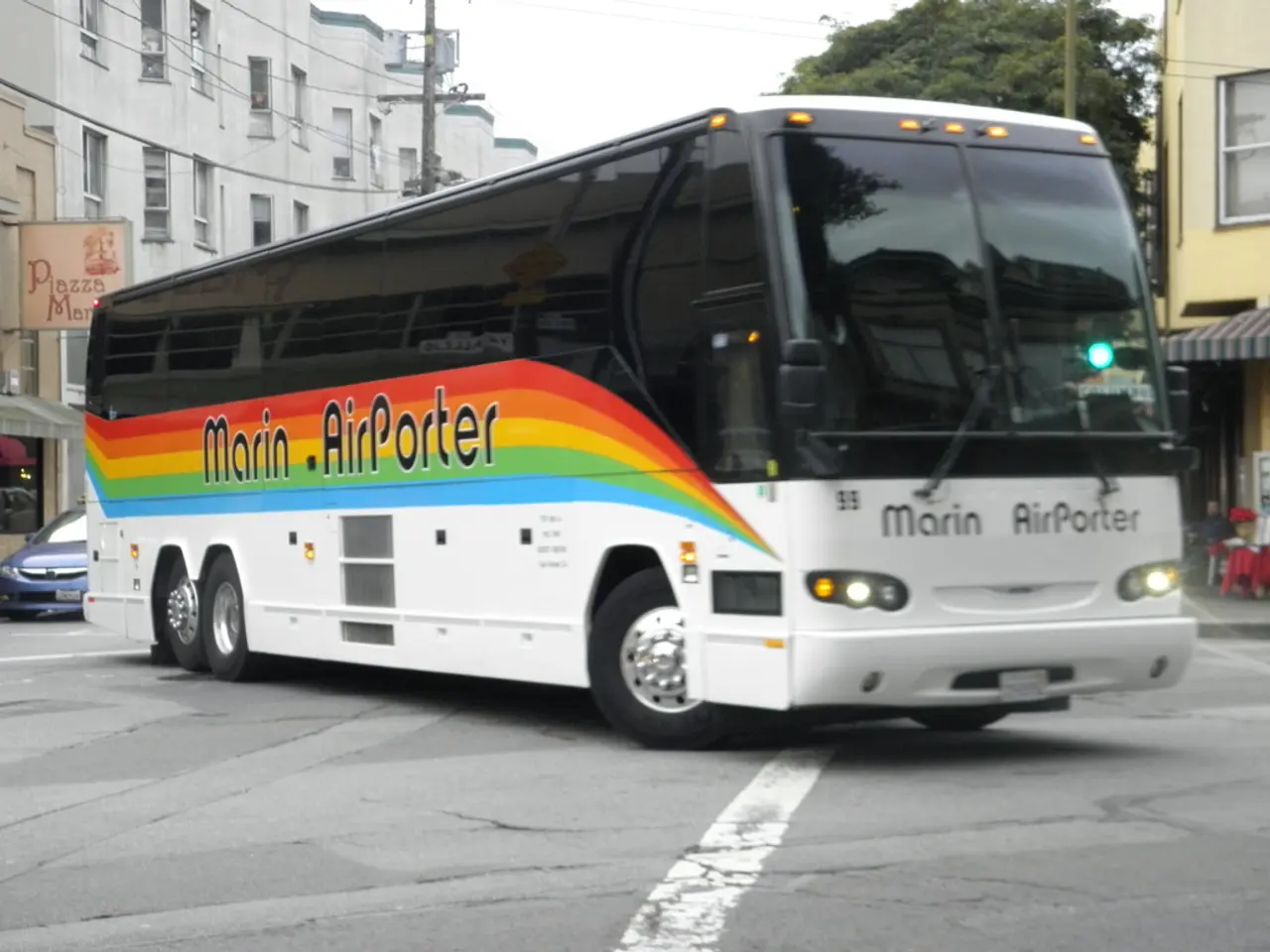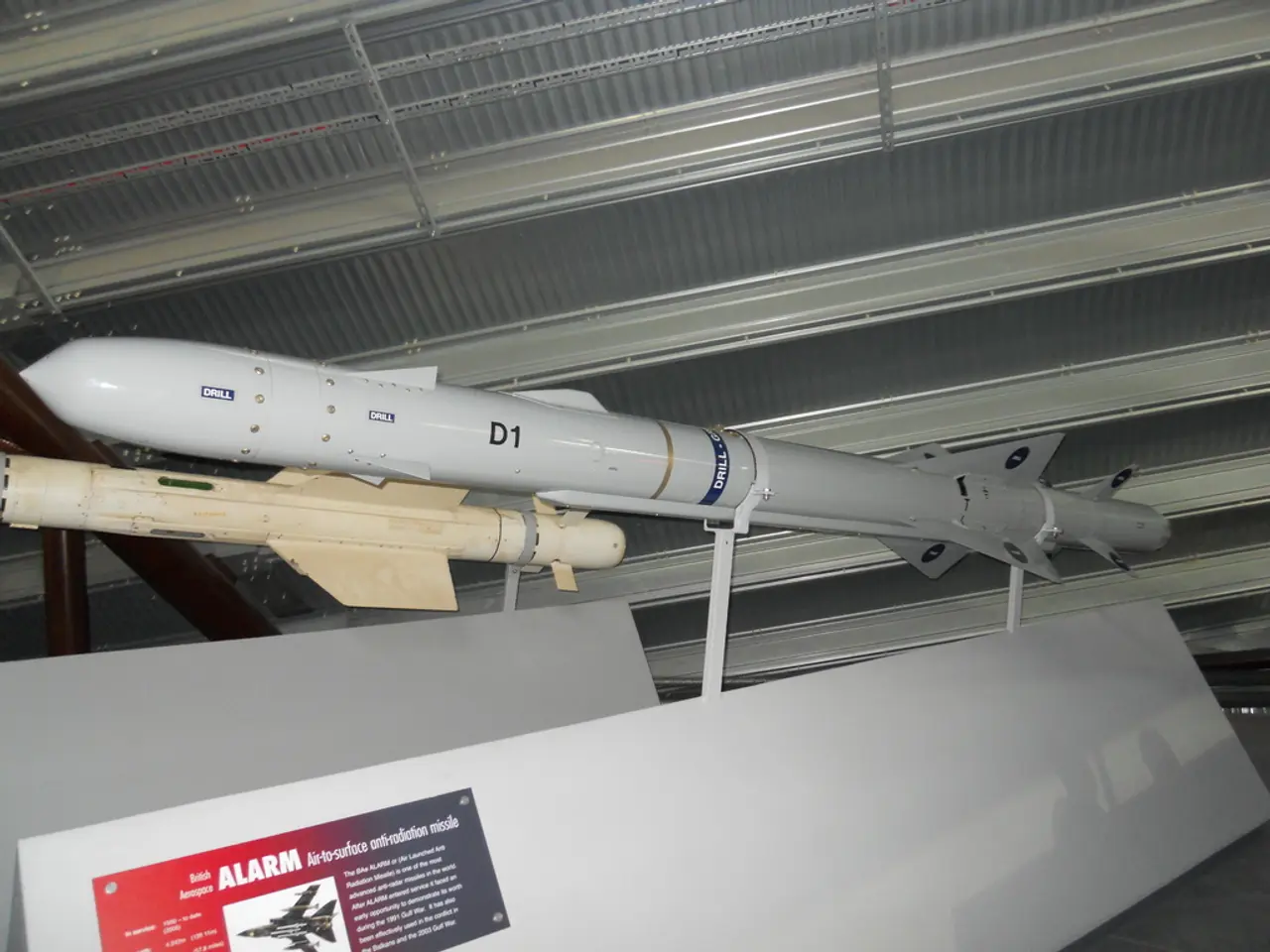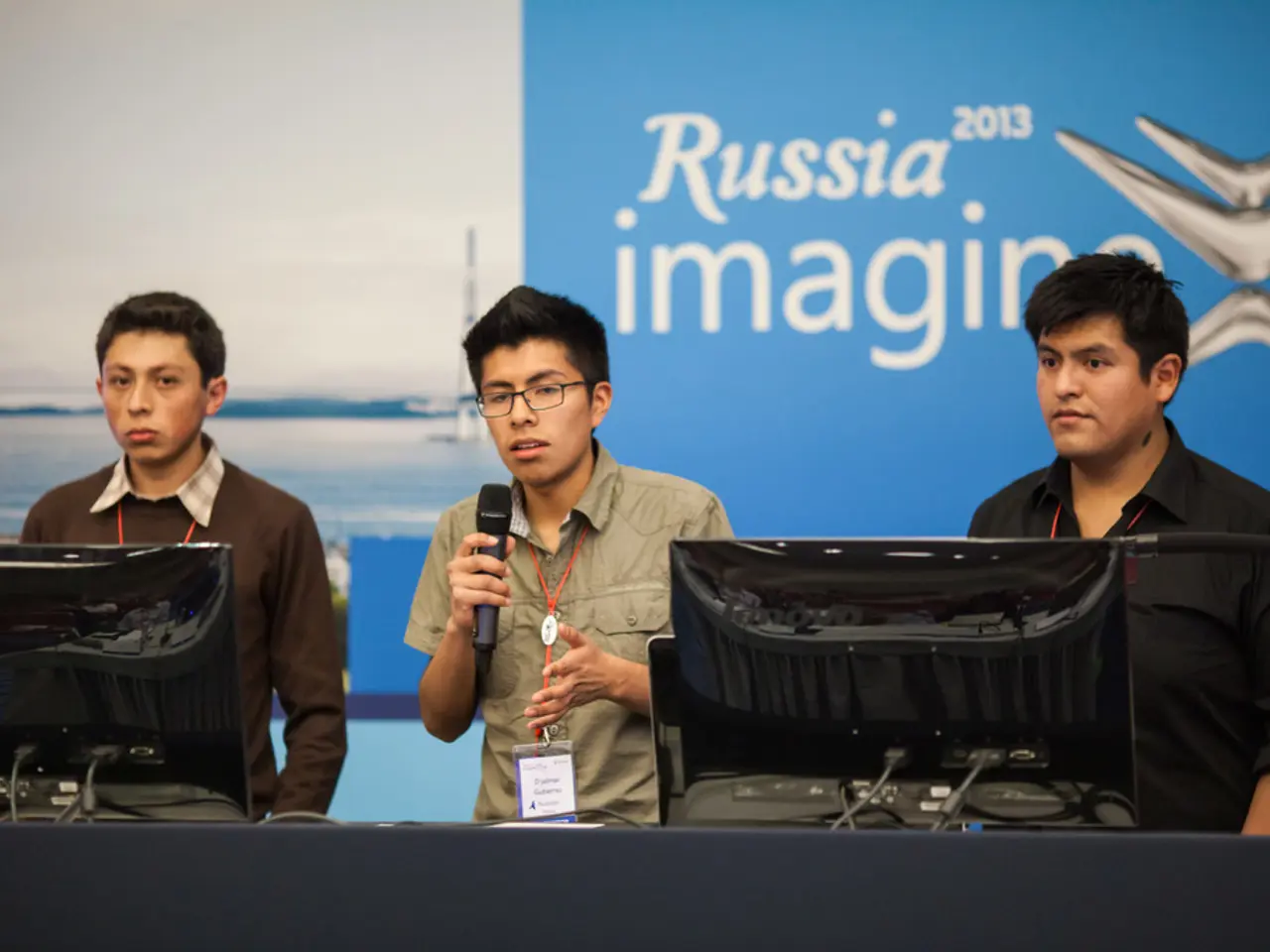Affordable and Eco-friendly Transit: UNILAG Introduces Electric Buses for Student Transportation
The University of Lagos (UNILAG) has introduced an electric bus system on its campus, revolutionizing the way students and faculty members travel. With 20 buses in operation, 12 of which run daily, the electric shuttle system has become the dominant choice for students, replacing cabs as the primary mode of transportation within the campus.
The deployment of these eco-friendly buses has significantly improved campus mobility, especially for indigent students who previously faced inflated cab fares. The electric shuttle buses offer a more affordable and comfortable alternative, with transportation fares reduced by 50% compared to cabs.
UNILAG has a history of leadership in electric mobility innovation, having developed and deployed two generations of electric campus shuttles since 2019. The university benefits from NADDC (National Automotive Design and Development Council) initiatives, including competitions and infrastructure support like fully functional EV charging stations, which have enhanced student learning in battery technology, control systems, and electrical machines.
The electric buses serve approximately 6,000 students daily, with two types: one type operating up to three hours on a full charge, and the other up to five hours. The buses address peak student movement patterns, with busy mornings at the campus gate and evenings at the campus station. Initially, charging was planned at the engineering department, but a dedicated charging and parking station was established at the Academic Publishing Centre.
The operation of the electric bus system serves as a test case for the bigger plans of Chart Eco Global Services, aiming to establish themselves and explore partnerships, grants, and funding opportunities. Chart Eco Global Services collaborated with Ogata Resources to provide these electric buses for UNILAG. The company also audits carbon emissions for organizations of all sizes, further emphasizing their commitment to sustainability.
The university administration, led by Vice Chancellor Prof. Folashade Ogunsola, has a carbon emissions reduction mandate. In line with this, UNILAG has collaborated with Lafarge Africa Plc to convert waste products into energy, further reducing its carbon footprint.
However, maintenance remains a major challenge in operating the electric buses, requiring the import of spare parts and adapting local components. Despite this, the positive reception of the electric buses has been delightful and met with positive reviews from students. Olajumoke Akinmusere, a law student, prefers the electric buses because they cost less than campus cabs, while Abigail Adekunle, a geophysics student, appreciates their comfort and convenience.
For expansion plans, while explicit details on scaling UNILAG’s electric bus fleet were not stated, activities by NADDC show ongoing efforts to encourage local innovation and production across multiple Nigerian universities—including UNILAG—through competitions and prototype development. This suggests future growth in electric campus shuttles and potentially broader campus or regional deployments following successful pilots and local industry engagement.
In conclusion, the electric bus system at UNILAG is not just a means of transportation; it's a step towards a greener, more affordable, and sustainable future for the university and its students.
- The electric buses' deployment at UNILAG, an innovation in the transportation industry, has dramatically improved student mobility, offering an affordable alternative to inflated cab fares.
- UNILAG's electric bus system, backed by NADDC's initiatives like competitions and infrastructure support, has played a significant role in enhancing student learning in battery technology, control systems, and electrical machines.
- Chart Eco Global Services, collaborating with Ogata Resources, supplies the electric buses for UNILAG, aiming to establish partnerships, secure funding, and explore grants for similar projects.
- In line with its carbon emissions reduction mandate, UNILAG collaborates with Lafarge Africa Plc to convert waste products into energy, further reducing its carbon footprint.
- The successful electric bus system pilot at UNILAG, demonstrating potential for future growth, has sparked ongoing efforts by NADLC to encourage local innovation and production of electric campus shuttles across multiple Nigerian universities, signaling broader campus or regional deployments in the future.




